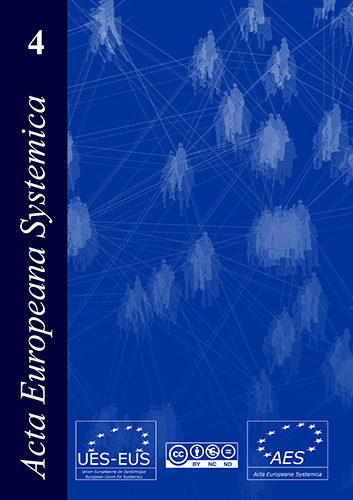Heasuring (machine) intelligence universally: An interdisciplinary challenge
DOI:
https://doi.org/10.14428/aes.v4i1.57073Keywords:
artificial intelligence, intelligence evaluation, universal psychometrics, Kolmogorov complexityAbstract
Artificial intelligence (Al) is having a deep impact on the way humans work, communicate and enjoy their leisure time. Al systems have been traditionally devised to solve specific tasks, such as playing chess, diagnosing a disease or driving a car. However, more and more Al systems are now being devised to be generally adaptable, and learn to solve a variety of tasks or to assist humans and organisations in their everyday tasks. As a result, an increasing number of robots, bots, avatars and 'smart' devices are enhancing our capabilities as individuals, collectives and humanity as a whole. What are these systems capable of doing? What is their global intelligence? How to tell whether they are meeting their specifications?
Are the organisations including Al systems being less predictable and difficult to govern? The truth is that we lack proper measurement tools to evaluate the cognitive abilities and expected behaviour of this variety of systems. includino hybrid [e.g. machine-enhanced humans] and collectives. Once realised the relevance of Al evaluation and its difficulty, we will survey what has been done in the past twenty years in this area, focussing on approaches based on algorithmic information theory and Kolmogorov complexity, and its relation to other disciplines that are concerned with intelligence evaluation in humans and animals, such as psychometrics and comparative cognition. This will lead us to the notion of universal intelligence test and the new endeavour of universal psychometrics.
Downloads
Published
How to Cite
Issue
Section
License




